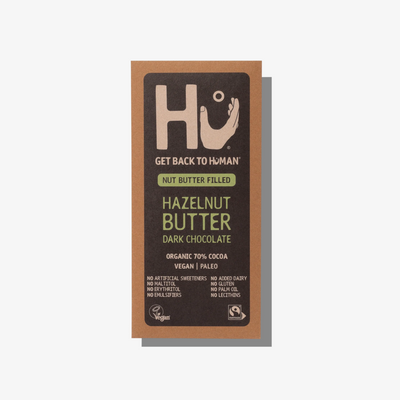Polls and studies show that the average adult does not get the recommended 7 hours of sleep every night. With our hectic schedules, many people do not know how to find the time to relax and rejuvenate. It turns out you only need to set aside 10-30 minutes to reap the benefits of a good nap. These are called “power naps.”
The benefits of power naps include:
- Enhanced performance
- Increased alertness
- Improved mood
- Boosted immunity
- Lowered blood pressure
- Increased positivity
- Recovery of brain function
- Memory consolidation
- Ridding of toxins built up throughout the day
As you’ve probably noticed, the benefits are numerous. By taking a 10-30 daytime nap, you can increase your performance and work productivity due to improved psychomotor speed, reaction time, and alertness. Additionally, studies have found that the ability to learn new information is enhanced immediately after a nap due to improved focus and memory.
Studies have also found that naps can lower blood pressure by 5 mm Hg, which is comparable to taking low-dose blood pressure medication which lowers blood pressure by 5-7 mm Hg.
At healf, we recognize Sleep as one of the four main pillars of overall well being. Whether it is a good night’s sleep or a quick power nap during the day, we believe in the power of rest. Below is a list of tips and tricks we’ve put together to help you get your perfect power nap.
How to get the perfect power nap
While the perfect nap depends on individual factors like your sleep schedule and age, here are a few tips to go by when finding the best time and way to take a power nap.
Nap for only 10-30 minutes
Studies show that 10-30 minutes is the best nap time because it prevents from going too far into the sleep cycle. Naps that exceed this recommended time run at risk for leaving you feeling groggy and more tired than before. The longer you nap, the deeper you go into sleep, causing your brain to become less responsive to external stimuli. When this happens, it makes it harder for you to wake up, increasing your likelihood of grogginess and fatigue.
By sticking to 10-30 minutes, you only enter into the first and sometimes second stages of sleep. This power nap length ensures that you get enough rest to leave you feeling refreshed when you wake back up.
If you are severely sleep-deprived, a 90 minute nap will ensure you complete the full sleep cycle. Otherwise, stick to the 10-30 minutes.
Time your power nap well
For the average person, the best time to take a nap is early afternoon between 1-3 pm. For night owls, it is recommended to nap between 5-6 pm. Napping too late in the day can make it harder to get a good night’s sleep.
Studies have also found that taking a power nap an hour or two before an important event or demanding task can help with work performance, energy and alertness.
Nap in a calm environment
While it might be difficult to find the perfect nap environment, here are a few ways you can make your environment more comfortable.
- Find a dark, cool and quiet room to nap in
- Wear a sleep mask
- Take off extra layers
- Listen to a white noise app
- Turn off your devices
- Pick a couch or cozy chair to nap on rather than your bed
Shift worker? Make naps routine
If your work schedule follows shifts and you find yourself unable to only take a nap between 1 and 3 pm, take advantage of downtime to work in some power naps to help make your sleep more regular. If you find yourself not able to get a full night’s sleep, napping on a schedule can help your body become somewhat used to making up for those lost hours.
Determine beforehand if you should or shouldn't try power napping
While studies show the numerous benefits of power napping, not everyone should try it. Those who deal with insomnia should not try power napping because daytime naps can end up making you feel like you don’t need as much sleep at night. Power naps for those with insomnia can potentially worsen the condition.
Those who should nap, however, include when you experience the following:
- Productivity starts to wane
- Cannot process information as quickly as you could in the morning
- Regularly daydream
- Feel a “fog” you cannot work through
Conclusion
Overall, not getting enough sleep runs the risk of irritability, negative performance, increased risk of high blood pressure and heart disease, memory impairment and trouble concentrating. While it is not always possible to get a good night’s sleep, power naps are a proven way to get back the energy you need.
Products we recommend:
















